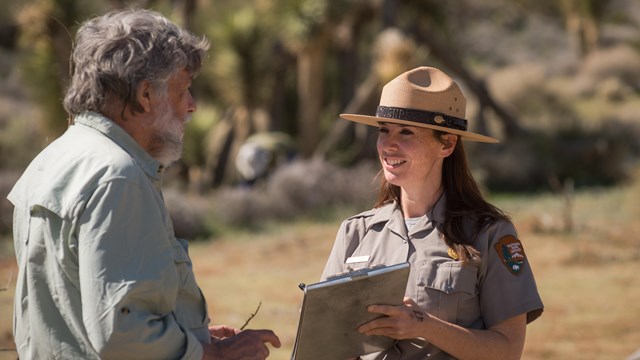A new report from the National Park Service (NPS) highlights the remarkable economic contributions of U.S. national parks in 2023. Visitor spending in communities near parks reached a record-breaking $55.6 billion, supporting 415,400 jobs and providing $19.4 billion in labor income.
Local Economic Boosts Across the Nation
With 325.5 million visitors in 2023, national parks significantly impacted local economies in every state. For example, South Dakota’s Badlands National Park attracted over a million visitors who spent $134.6 million in nearby communities, sustaining 1,916 local jobs.
Sectors Reaping the Benefits
The report found that spending on lodging had the greatest economic impact, contributing $9.9 billion in output and supporting 89,200 jobs. Restaurants followed, generating $5.2 billion in economic output and supporting 68,600 jobs.
Federal Investments and Public Lands
Interior Secretary Deb Haaland emphasized the Biden-Harris administration’s efforts to restore and enhance national parks, highlighting their role in combating climate change and improving visitor experiences. “This report demonstrates the tremendous value of preserving these lands for both environmental and economic purposes,” she stated.
National Park Service Director Chuck Sams added, “Our parks not only tell important stories but also fuel positive economic impacts across communities nationwide.”
Accessing the Data
The findings are part of the 2023 National Park Visitor Spending Effects report, informed by enhanced socioeconomic data for accuracy. Interactive tools online allow users to explore trends and economic impacts by state, sector, and park.
For more details, visit the NPS website at www.nps.gov.
